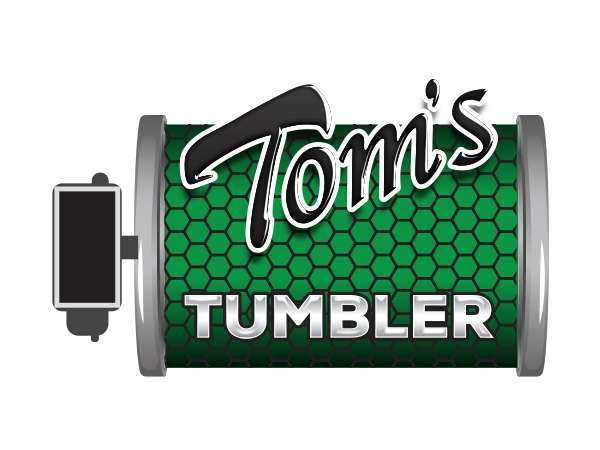Why Smokable Hemp Is on the Rise—And the Legal Loopholes That Made It Happen
Aug 12th 2025

Smokable hemp, once considered a niche product, is making a major comeback driven by consumer demand and legal gray areas.
Why Smokable Hemp is Back in Business
Smokable hemp flower and its derivatives have exploded in popularity. Pre-rolls, vape concentrates, and extracted cannabinoids like Delta-8 THC, THCA, and HHC.
The reason? People want a less-psychoactive alternative to cannabis while still enjoying the ritual of smoking or vaping.
Many users also claim that smokable hemp provides a calming, anti-anxiety effect without the high of THC-heavy cannabis. With hemp flower now grown to contain CBD, CBG, and even trace amounts of THCA, it offers the familiar experience of cannabis without being federally illegal.
How the Industry is Getting Around the Laws
Despite federal legalization under the 2018 Farm Bill, state governments have tried to ban or control smokable hemp. However, the industry has responded with innovative workarounds that keep hemp products on the shelves.
1. The THCA Loophole
The biggest game-changer for smokable hemp is THCA (Tetrahydrocannabinolic Acid). While THC is federally illegal when it exceeds 0.3%, THCA itself is not classified as a controlled substance.
Since THCA converts into THC when heated (through smoking, vaping, or cooking), hemp growers are producing flower rich in THCA but technically compliant under federal law.
This means retailers can legally sell high-THCA hemp flower. And even though the moment it’s smoked, it becomes just as potent as traditional cannabis. When growing THCA rich hemp in scale it’s helpful to use a high volume trimmer from Python Industries (formerly Tom’s Tumble Trimmer).
2. Delta-8 and the Synthetic Cannabinoid Boom
Delta-8 THC, a psychoactive compound derived from CBD, remains in a legal gray area. Since it is derived from hemp and not explicitly banned, companies have used chemical conversion processes to produce Delta-8, Delta-10, and other synthetic cannabinoids.
These products provide users with a mild high, similar to cannabis, but in a way that technically avoids federal prohibition.
Although some states have moved to ban Delta-8, many businesses continue selling it online and through convenience stores. They often label it as “hemp-derived” to stay within federal guidelines.
3. Legal Shifts and State-by-State Battles
Several states, including Texas, Tennessee, and Florida, have attempted to ban or regulate smokable hemp. But hemp businesses have successfully blocked some of these bans, arguing that the 2018 Farm Bill protects hemp flower.
In some cases, states have tried to impose outrageous tax rates and licensing fees on smokable hemp products in an attempt to control the market. But so far, the industry has been resilient, using legal loopholes and court rulings to keep their products available.
4. Labeling Tricks & Compliance Tactics
To keep regulators off their backs, many hemp companies label smokable hemp as “not for inhalation.” Even while selling it alongside rolling papers and grinders.
Others market it as “tea” or “herbal supplements,” avoiding direct claims and letting consumers figure it out.
Hemp processors are also wording their THC testing claims carefully, ensuring they comply with the “dry weight” standard that keeps their flower technically under 0.3% Delta-9 THC. At least before it's combusted.
Using The Grasshopper Kief sifter is a crucial tool in refining and separating cannabinoids efficiently.
The Future of Smokable Hemp
With increasing consumer demand and legal ambiguity, smokable hemp isn’t going away anytime soon. The industry is finding new ways to deliver cannabis-like experiences while skirting the law. But the legal battle against governments and agencies is far from over.
For now, the best advice for businesses and consumers is to stay informed, follow state-specific regulations, and be ready for a shift. Smokable hemp and its derivatives are here to stay, but its legal status will be a contested issue for years to come.





